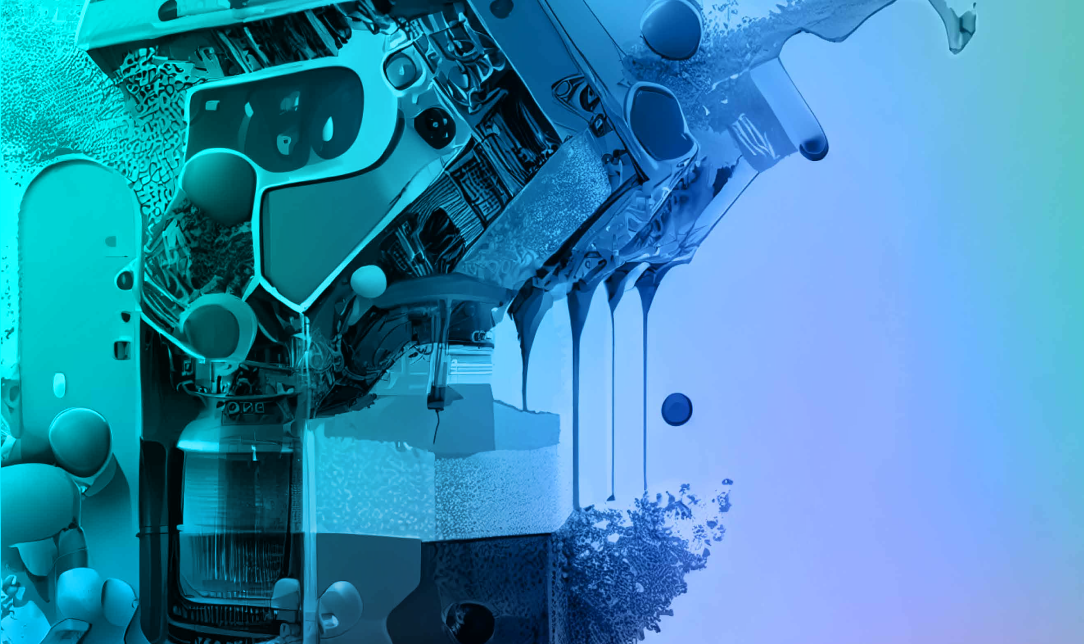Electrical appliances of the future
Challenge. The innovation cycles of electrical appliances are becoming ever shorter in order to meet the rising demand of our growing and technology-obsessed society. The lack of collection and recycling systems capable of handling the complexity of these devices leads to e-waste. Resource scarcity is the inevitable consequence of this linear waste management approach. Energy consumption during use and manufacture, as well as the reparability and recyclability of the materials used, are also indicators of the comparatively high environmental impact of many electrical appliances.
Strategy. In order to meet society’s need for sustainable development and protect our habitat, we are in the process of comprehensively transforming our supply chains (from raw material extraction, to production, distribution, and disposal): moving toward transparent, circular, and climate-friendly value creation of energy-efficient and recyclable electrical appliances.
Target > 2025 > 2030. We want to be a pioneer for the development and roll-out of sustainable electrical appliances. During the development of our devices, we reduce greenhouse gas emissions along the entire value chain – for example, by using renewable energies in production. By implementing effective collection and recycling systems and expanding our repair and service offerings, we can minimize waste and recover valuable components and materials.
Impact. Our “Mission Eco&Care” product development tool helps our customers make informed choices about sustainable products and consumption. By consciously purchasing durable and repairable products, we can all play a role in promoting the circular economy. This also enables new forms of consumption to emerge, such as rental models.



